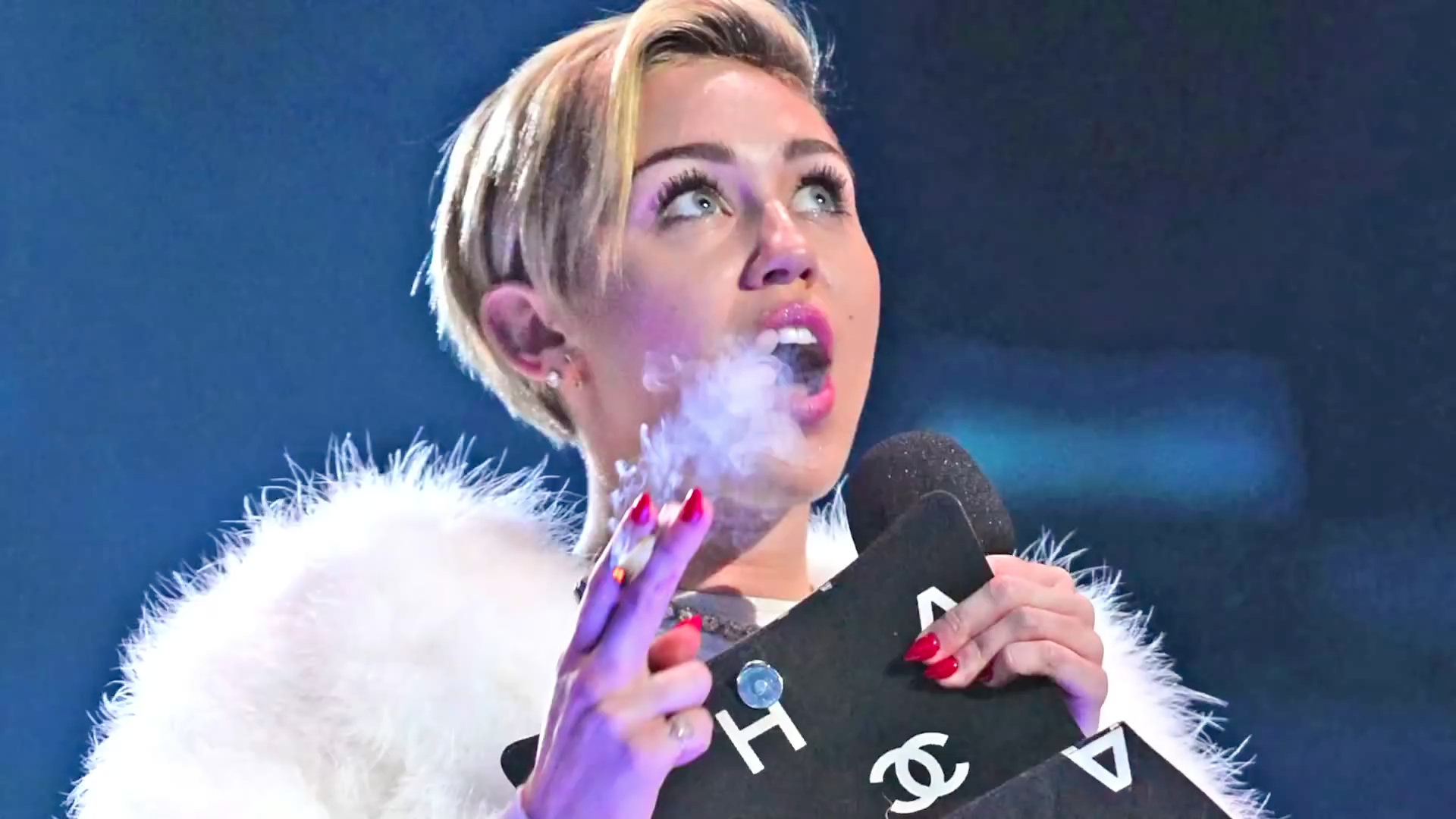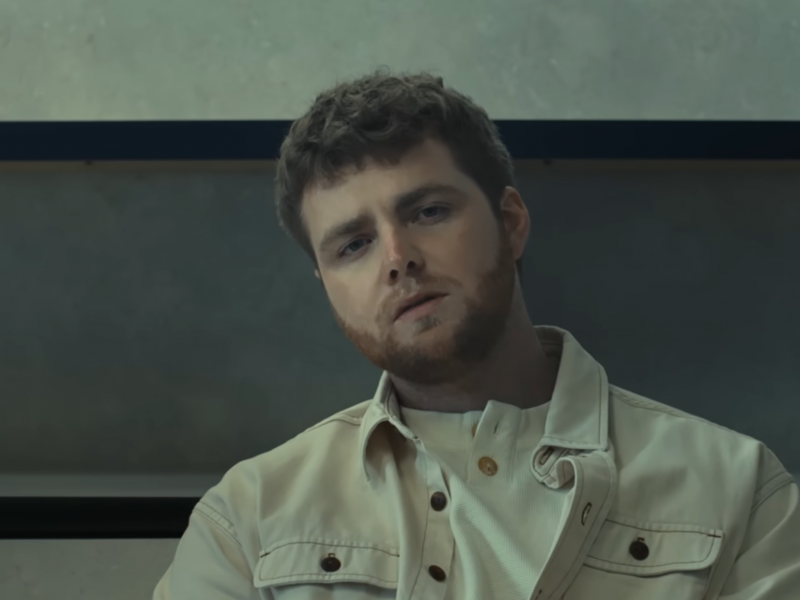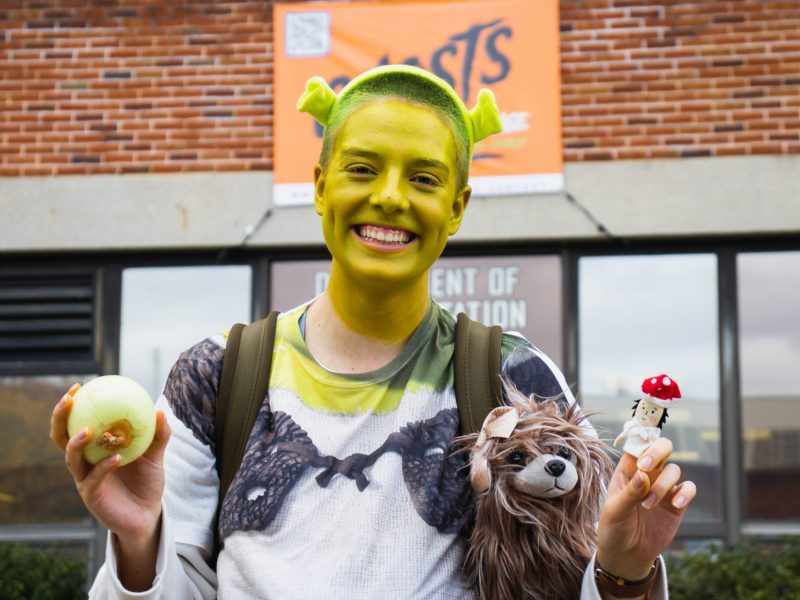For most of us, at a young age it was instilled in our minds that drug use negatively affects work performance. Indeed, for most occupations, being under the influence would have disastrous outcomes. However, like many other things, it seems musicians are exempt from this norm. But in a society where drug use is becoming increasingly normalized, is it possible our culture is celebrating high-functioning drug dependency in its compliance with such behaviors?
In recent years, drug use in music has gone from being hinted at to being mentioned directly to finally becoming the focus of many songs today. And while it is true that drugs have always been a part of the concert experience for many, drugs like Molly have spiked in popularity due to the increasing presence of EDM and rave culture, as well as the drug’s shoutouts from rappers such as Tyga or Lil Uzi Vert.
Normally, if someone said they needed to take a few shots before work, it would prompt an intervention from loved ones because we think of inebriation at the workplace as disrespectful to colleagues and a sign of a problem. But for years, rock bands have flourished performing wasted, held to a unique standard of professionalism because rock stars are expected to party exactly like who we think they are.
Sophomore kinesiology major Benin Dula has only seen Lil Uzi Vert live and said he believes an artist should maintain the freedom to use a drug before going onstage.
“It depends on what drug he’s using to be honest,” Dula said. “It’s not even about being a performer but just a human being, whether you like the drug or not. Some people function on different things better. This is his job, and he’s making money off of it, so if he’s using the drug to make money then I can’t really say it’s a bad thing, though drugs aren’t the best thing to use.”
Certainly, the performances of many singers are magnified by their drug use, and in a cutthroat industry literally centered on how entertaining you are, it may feel necessary. We give musicians a free pass to use drugs for enhancing work performance when that same behavior is typically frowned upon for the average person. That’s because, unlike other fields, our society does not view drugs as a bulwark toward musical success, but rather as a way to cultivate boosts of creativity.
Sierra Weinkam, a freshman enrolled in letters and sciences, saw Miley Cyrus during her Bangerz tour. Though Cyrus admitted to the crowd she messed up her lyrics because she was high on marijuana, Weinkam still said she believes that the type of show an artist puts on determines whether it is appropriate to be under the influence while onstage.
“I think it definitely added to the performance; she was so rowdy and wild and so funny,” she said. “I think that part of the allure is how risqué she is. And I think that her being under the influence allows her to be comfortable being in a thong in front of 40 to 50,000 people.”
This trend, as stated before, is far from new. For many Grateful Dead fans, much of the appeal in attending their concerts was showing up wasted along with the band. Though drugs aren’t necessary for a sense of community to emerge, if drugs are both openly used by artists and a prevalent theme in their music, it’s not necessarily disrespectful to their supporters unless it truly ruins their performance. At their peak, Grateful Dead were able to draw crowds bigger than presidential inaugurations, defying any preconceived notions that performing under the influence means putting on a poor performance.
Tino Fragale, a sophomore business student and and individual studies major, said while he does not think performing under the influence is a good idea, he believes an artist’s individual liberty takes more priority than potential harm.
“It should be up to the performer,” Fragale said. “It’s their craft and they can make whatever they want of it. If it does bad for their sales records and their fans hate it, then perhaps they should change it. But if they don’t care and that’s how they want to do their music, then they should do their music that way.”



